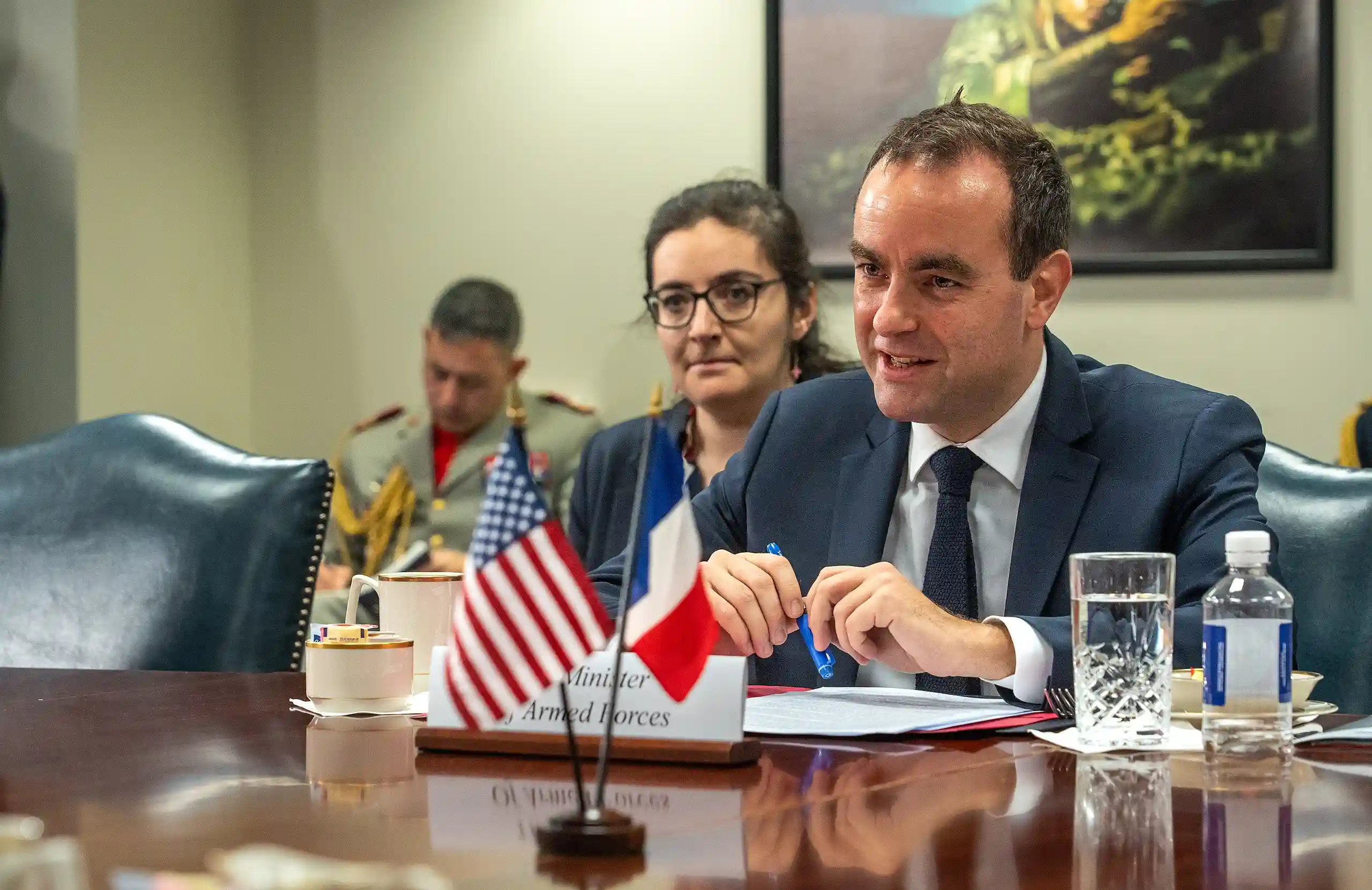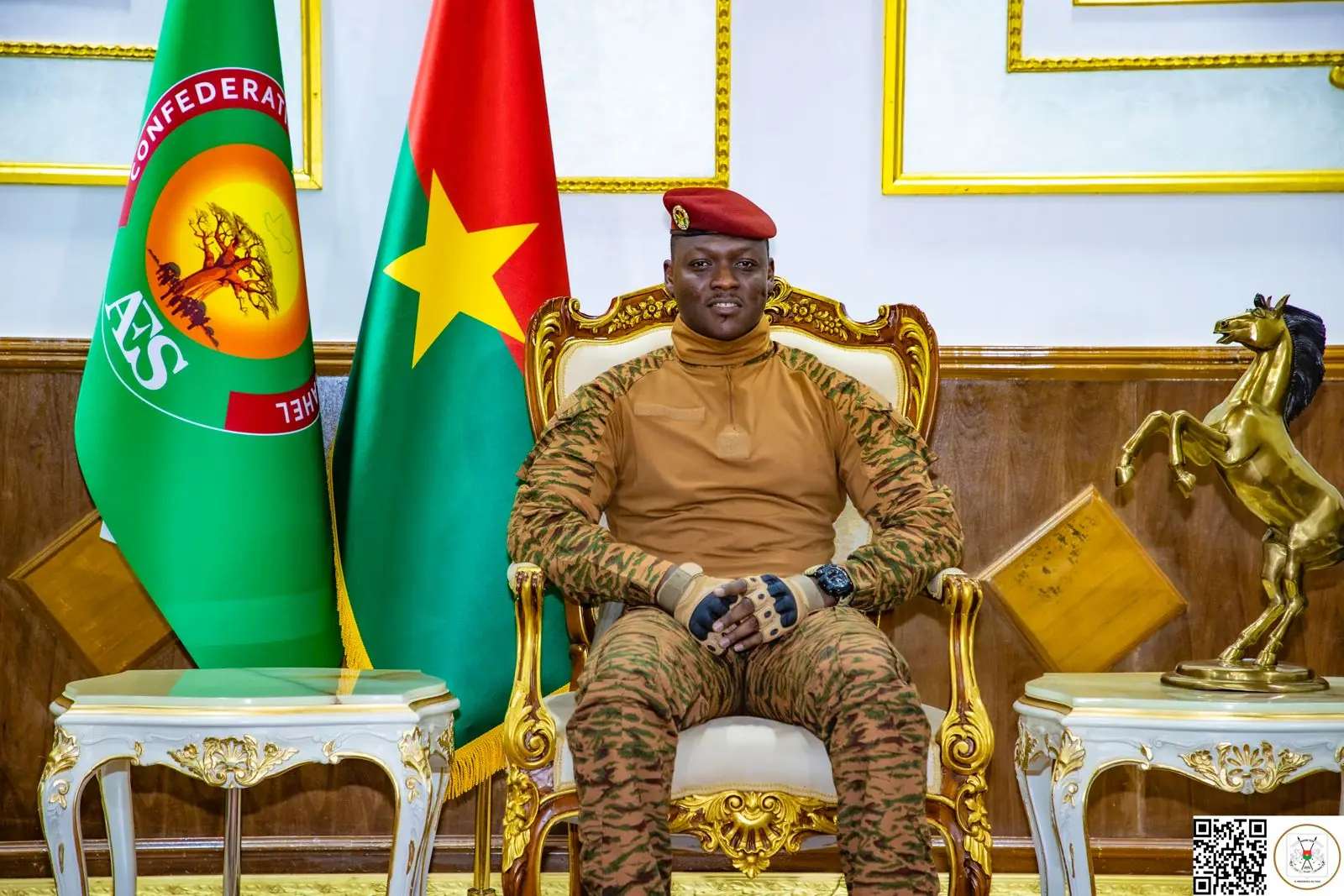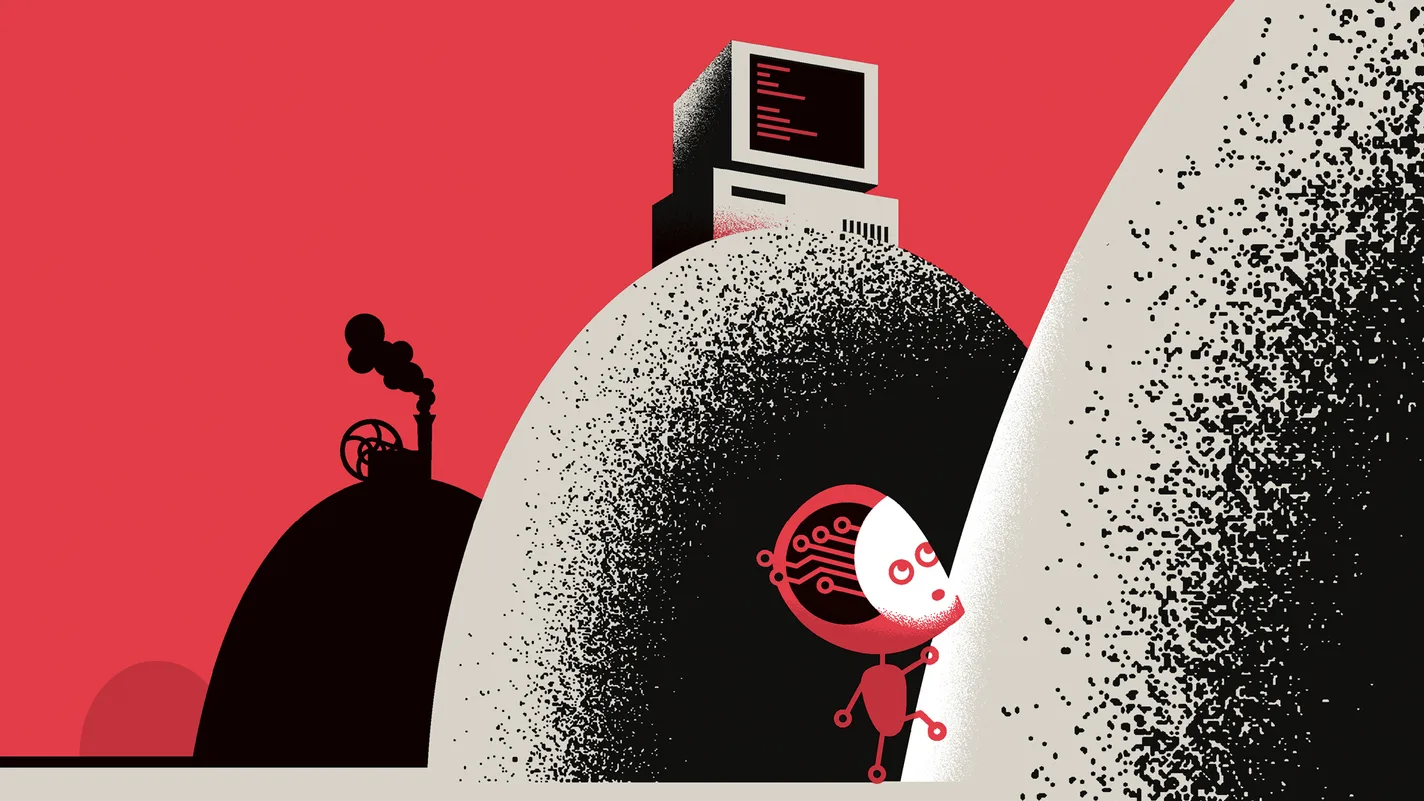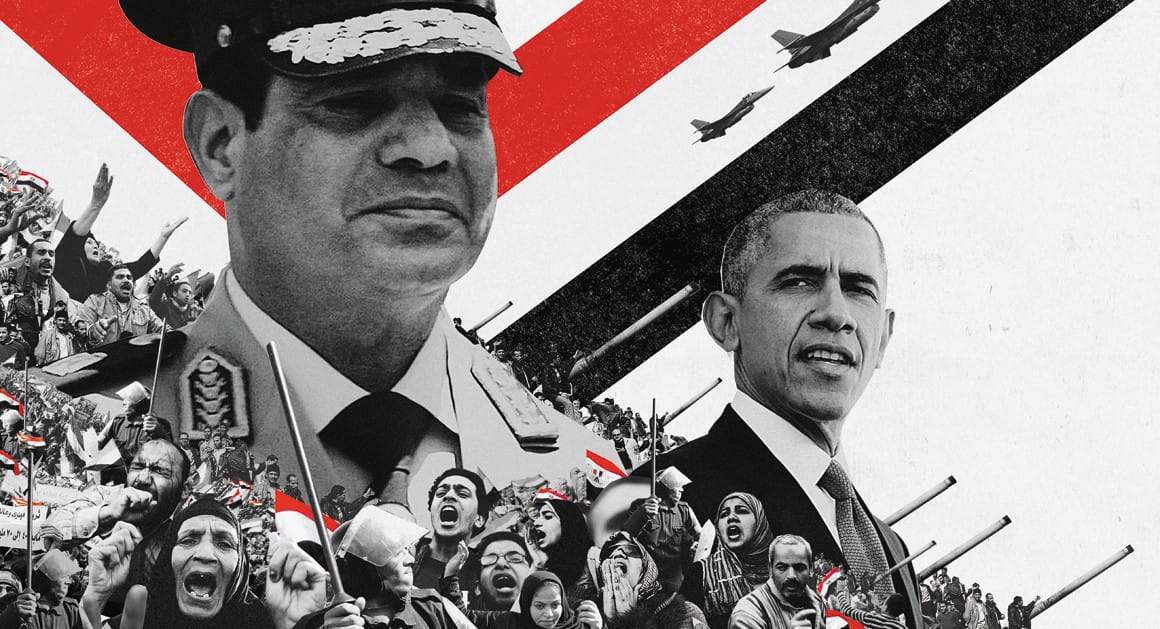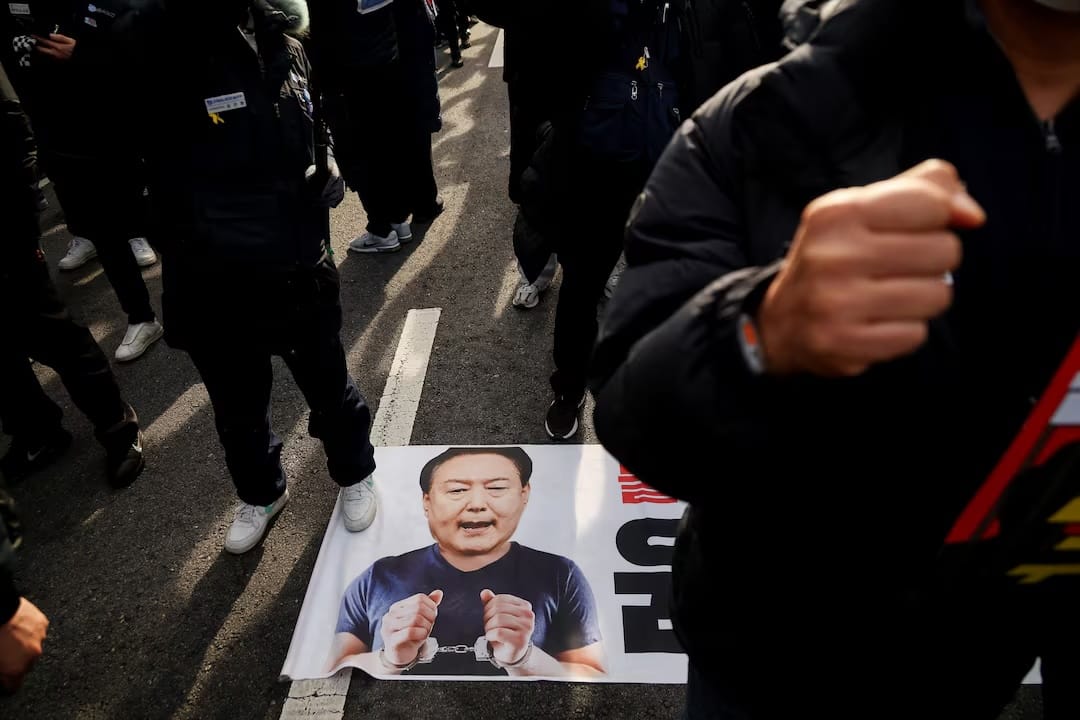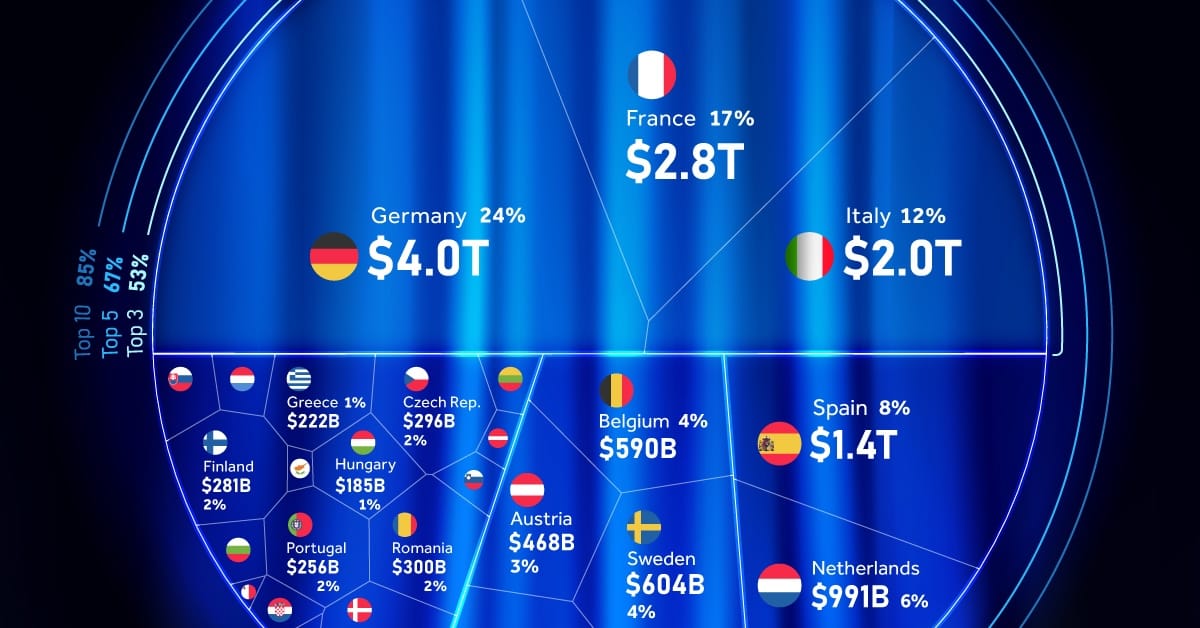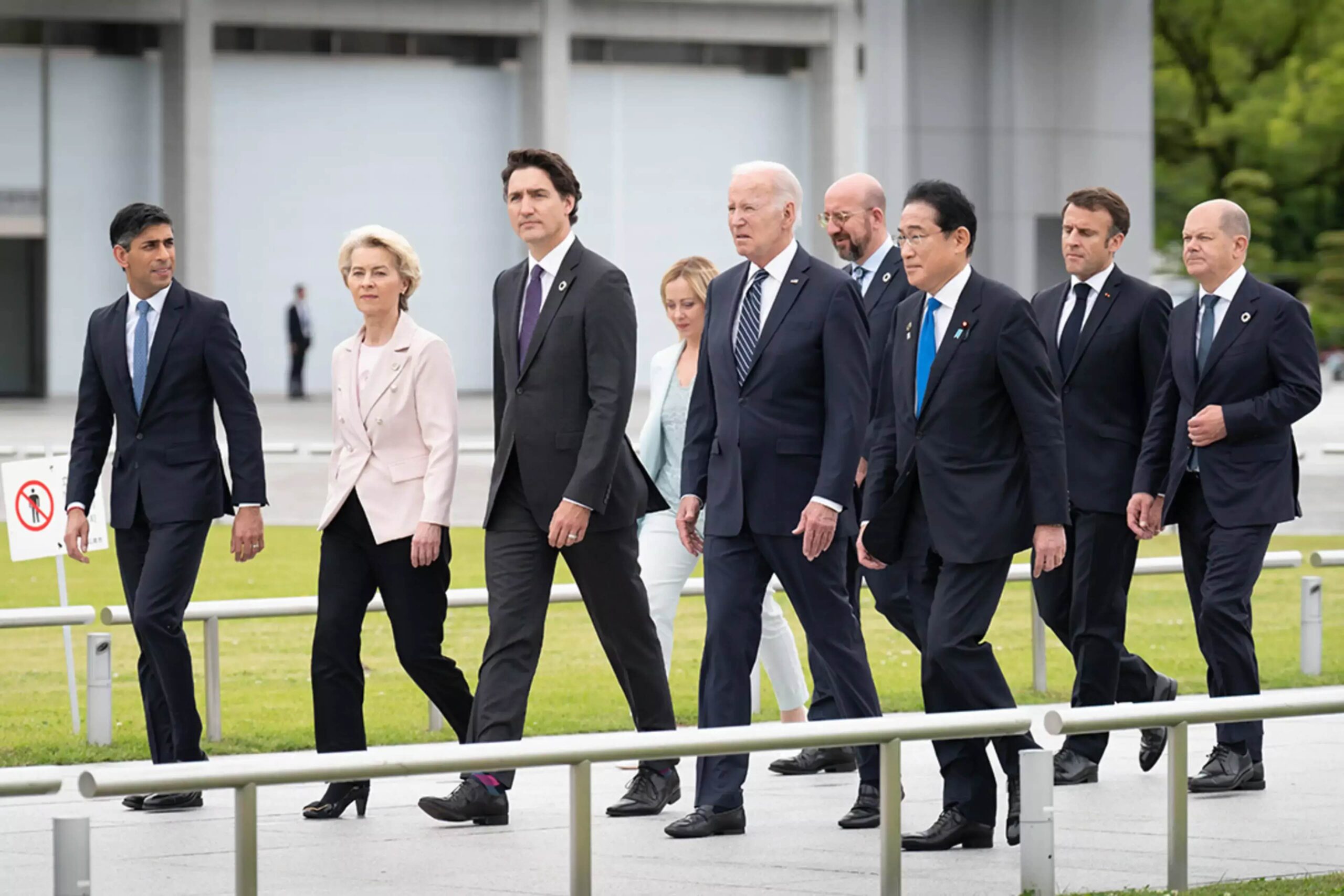France’s political elite were shaken this week when Prime Minister François Bayrou was removed after losing a no-confidence motion in the National Assembly. The failure comes in a series of government collapses during the Macron era, reinforcing how precarious executive power has become in a parliament divided along ideological fault lines. Acting quickly, President Emmanuel Macron appointed Defense Minister Sébastien Lecornu as the new prime minister today — a gesture aimed at conveying competence and continuity at a time when the presidency is in danger of looking stuck.
Tag: France
The New Face of Africa’s Decolonisation
Empires don’t abdicate softly. Armies withdraw, banners come down, but lips remain. For more than a half-century since formal independence, Burkina Faso—as was a large swath of francophone Africa—maintained French as an official language. It was the language of court, school and the state. Now, with President Ibrahim Traoré (the second youngest head of state in the world), this colonial baggage has been intentionally scrubbed off. French has been reduced to a “working language” while Mooré, Dioula, Fulfulde, Bissa and other native languages achieve official status.
Artificial Intelligence: Thriving or Teetering?
The artificial intelligence (AI) industry was caught between euphoria and caution. Alphabet (Google), Amazon, Meta and Microsoft raced to invest, spending nearly $200 billion on AI infrastructure. Nvidia, the leader in AI-chip production, reaped gigantic rewards. Sales of such chips are expected to have doubled in 2024, driving its valuation to nearly $3.4 trillion. Demand for AI servers surged: firms such as Dell and HPE reportedly doubled their sales. But cracks began to show. The soaring energy costs of training and running generative AI models raise questions about long-term economic viability.
Fall of Dictators and Unfinished Revolutions in the Middle East
The Middle East in 2011 witnessed a wave of revolutions that was called the Arab Spring, through which people rose in revolt against decades-old dictatorships and oppressive regimes. For the first time, social media played a greater role in mobilising people and raising their voices over the world. Among the Middle East, one country receiving great traction to the movement was Libya. Colonel Muammar Gaddafi has ruled the nation for 42 years. Although the regime was infamous for human rights violations, suppressed dissent and censorship, the country remained politically stable and economically in good flowing condition.
South Korea’s President Faces a Reckoning
Welcome back to the World Brief, the flagship newsletter of The Viyug delivered to you directly from the Editor’s desk, catching you up on 24 […]
A Nudge for Europe’s Economy
The European Union’s (EUs) economy is only about 1 percent bigger than it was a year ago. And inflation, at 2.3 percent in November, is close to the European Central Bank’s target of 2 percent. The prices of services across various member countries among EU have been rising by around 4 percent a year and there is sustained pressure from growing wages – the Netherlands, which has the most up-to-date figures, estimates these as rising at 6.5 percent.
The Group of Seven is the new Saviour of Africa
Group of Seven (G7) is an informal grouping of advanced democracies (Canada, France, Germany, Italy, Japan, United Kingdom and the United States) that meets annually to coordinate global economic policy and address other transnational issues. The G7 plays a significant role in global governance, as its member countries are among the world’s largest economies and have a substantial impact on international relations. The G7’s engagement in Africa is crucial for sustainable development, as the continent faces numerous challenges, including poverty, climate change, and security threats.
